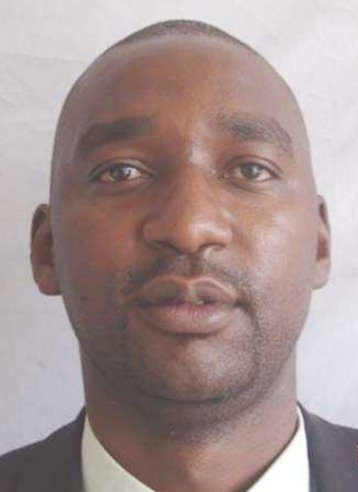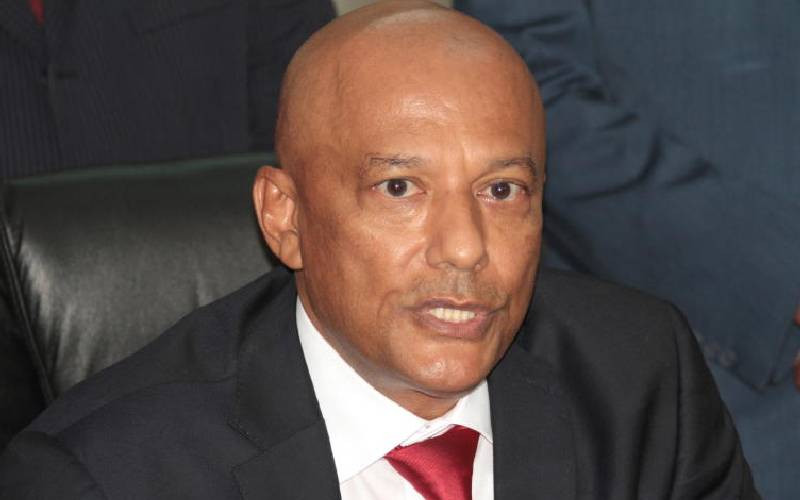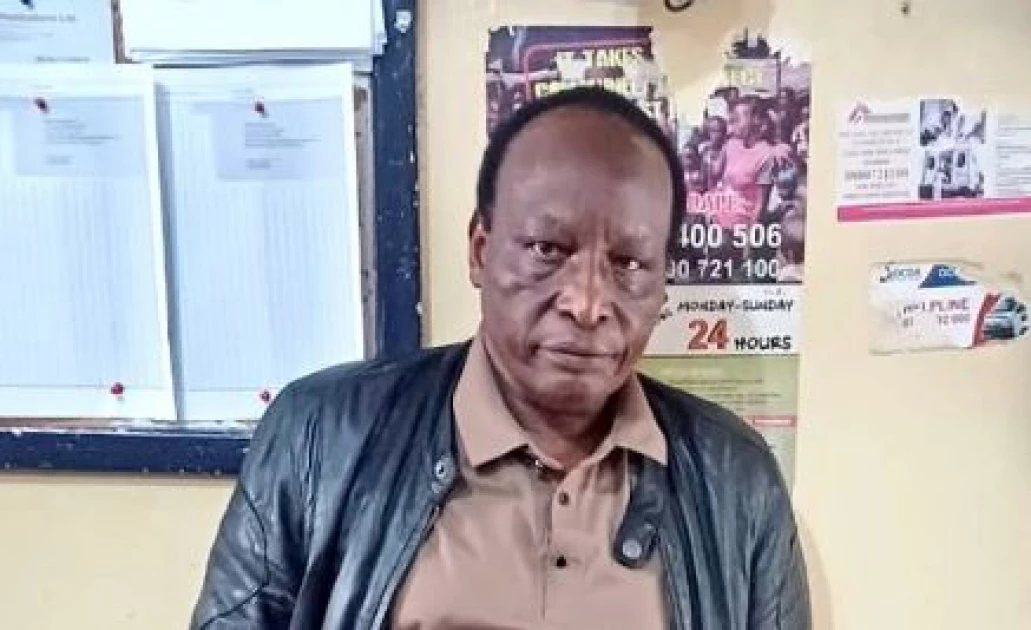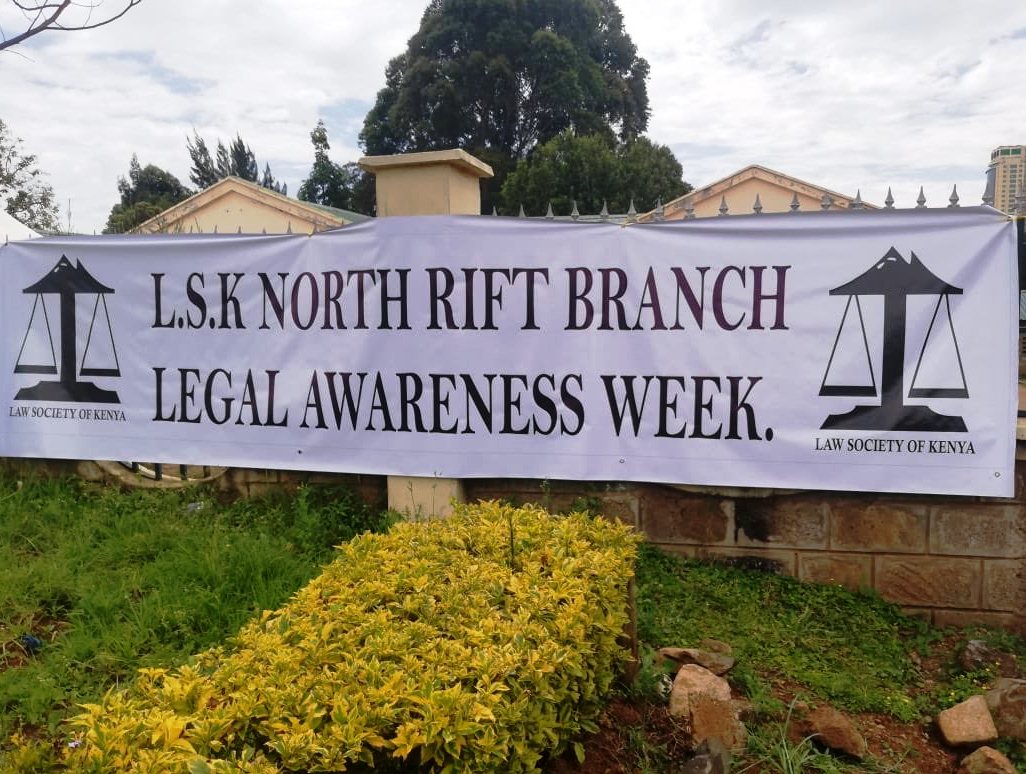The Ethics and Anti-Corruption Commission (EACC) has filed a Notice of Appeal seeking to overturn a recent High Court ruling that allowed a junior City Hall employee, Wilson Nahashon Kanani, to retain assets worth Ksh 643.2 million, despite claims that they were acquired through unexplained wealth.
In the judgment delivered on November 7, 2024, Justice Nixon Sifuna ruled that the EACC had failed to prove that Kanani had engaged in corruption. The judge further stated that Kanani had sufficiently explained how he came to possess the assets and funds, rejecting the Commission’s argument that they were proceeds of corruption.

The EACC had sought the forfeiture of the assets, arguing that they should be seized by the government as proceeds of corrupt practices. However, Justice Sifuna’s decision meant that Kanani was not required to forfeit the Ksh 643.2 million in question. In a Notice of Appeal filed at the Court of Appeal, the EACC expressed its dissatisfaction with the High Court’s judgment and decree. The Commission now seeks to have the entire decision set aside.
“Take notice that the Ethics and Anti-Corruption Commission is dissatisfied with the judgment and decree of the High Court Anti-Corruption Court at Nairobi (Nixon Sifuna J.) given on November 7, 2024, in originating summons no. E022 of 2023, and intends to appeal to the Court of Appeal against the whole of the said decision,” the notice reads.
EACC spokesperson Eric Ngumbi criticized the ruling, calling it a setback in the fight against corruption. He warned that allowing the judgment to stand would set a dangerous precedent in asset forfeiture cases. “With tremendous respect, we disagree with the High Court judge’s decision in this matter. We will be challenging the entire ruling at the Court of Appeal,” Ngumbi said.
He explained that the judgment undermined established legal principles on the burden of proof in asset forfeiture cases. Under current legal precedent, as affirmed by the Supreme Court, the burden of proof falls on the person who is unable to explain the source of their wealth. In such cases, the assets are presumed to be proceeds of corruption, and if the individual cannot demonstrate otherwise, the assets are liable to forfeiture.
Ngumbi stressed that the purpose of placing the burden of proof on the individual in such cases is that they are the ones with the knowledge of how the assets were acquired, and they should be able to account for their wealth. The EACC’s appeal marks a critical step in the Commission’s ongoing efforts to combat corruption and uphold the rule of law in Kenya.





